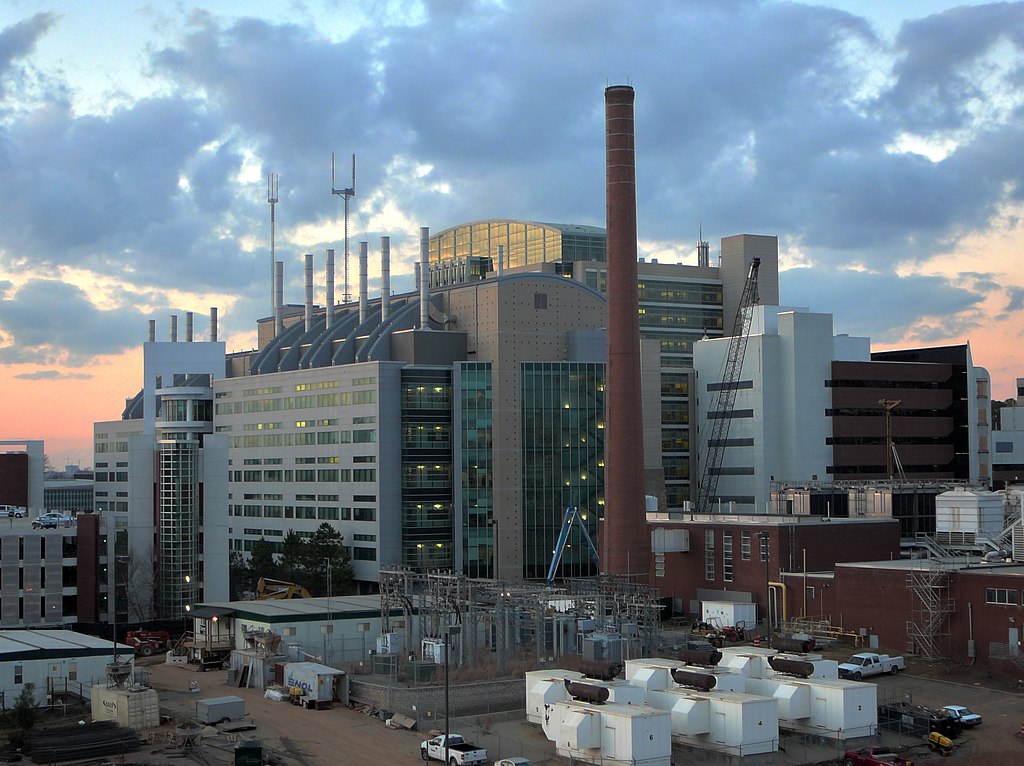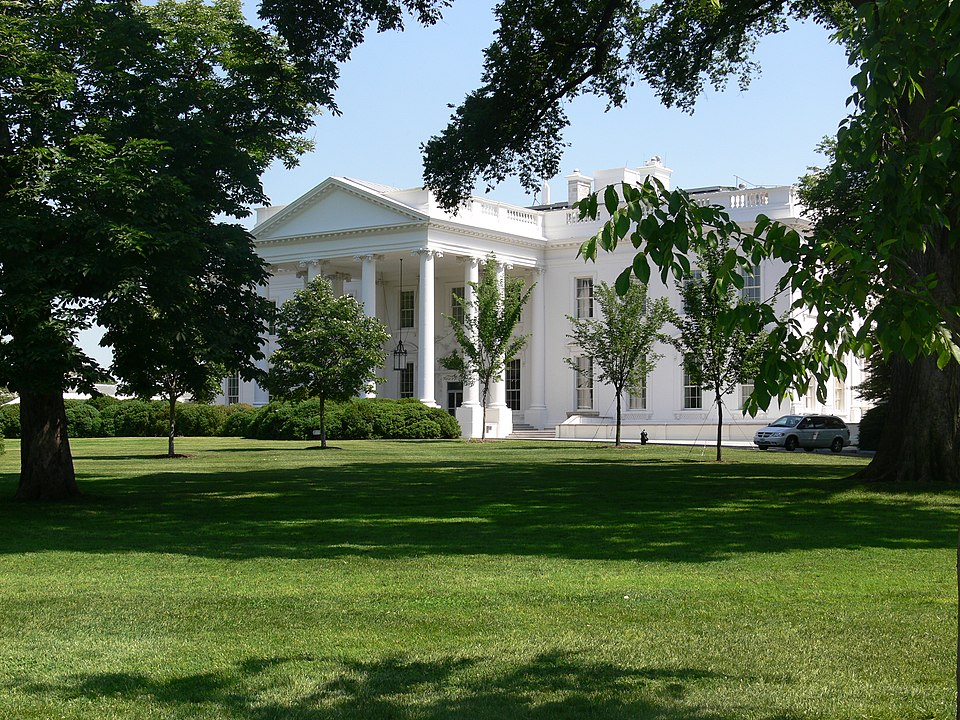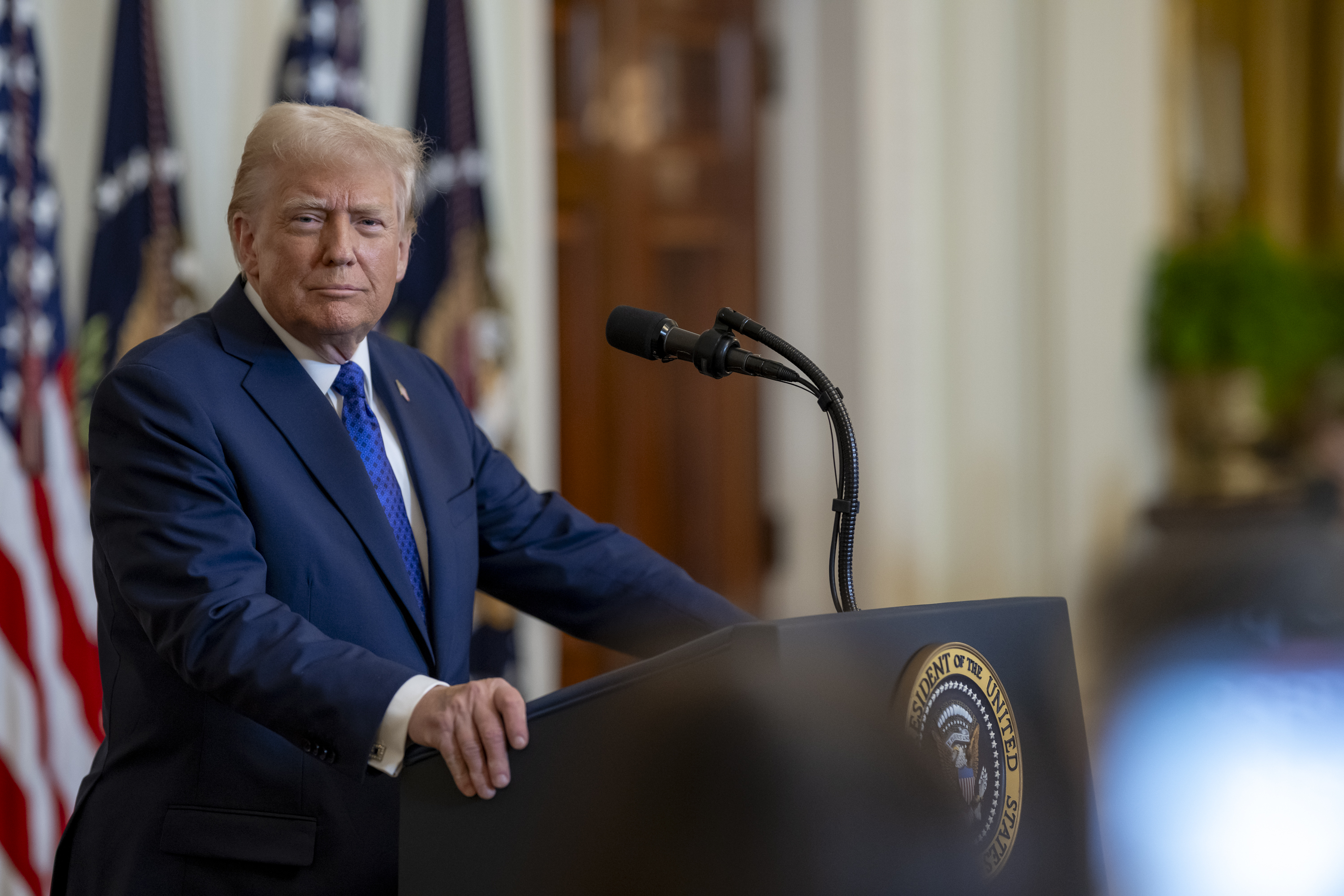On Wednesday evening, just weeks after her confirmation, Susan Monarez was fired by the White House after refusing a demand to resign. The White House stated that, despite her expressing intent to resign, she ultimately did not — and therefore they terminated her position.
Monarez’s legal team quickly pushed back, asserting that only the president has the authority to remove a Senate-confirmed official, and Monarez has not tendered a resignation. Her lawyers characterize the firing as politically motivated, targeting her scientific integrity.
Monarez’s Senate confirmation occurred on July 29 and swearing-in on July 31. If upheld, her departure would mark the shortest tenure in the agency’s history.
The Department of Health and Human Services announced her removal in a terse Wednesday evening statement: “We thank her for her dedicated service.” No official reason was given.
Behind the scenes, however, reports point to sharp disagreements with HHS Secretary Robert F. Kennedy Jr., whose well-known vaccine skepticism put him at odds with Monarez, a veteran scientist.
According to The Wall Street Journal, which cited a senior Trump administration official, Kennedy pressed her to support revoking certain vaccine approvals. She refused — and the tension boiled over:
Monarez, who led the agency starting in July, clashed with Health and Human Services Secretary Robert F. Kennedy Jr. and members of his staff, the official said. President Trump had nominated her to lead the CDC in March after dropping his first pick, who didn’t have enough support to win Senate confirmation. Monarez was the first CDC director without a medical degree in more than 70 years.
The impasse exploded Wednesday night: at least four senior CDC officials, including its chief medical officer and head of immunization, resigned in protest, citing a shift toward political interference in public health policies.
Monarez abruptly canceled a scheduled agency-wide call late last week, only adding to the internal turmoil.
Her short time in office was already overshadowed by chaos. On Aug. 8, a gunman stormed CDC headquarters in Atlanta, blaming vaccines and killing a police officer. The tragedy came amid mass staff layoffs, high-profile resignations, and sweeping changes to how vaccine recommendations are handled.
The standoff marks one of the most contentious clashes between political control and scientific independence at a top U.S. public health agency in recent memory. Monarez’s resistance challenges executive power, while the internal upheaval underscores institutional alarm.
It has rattled many in the public health community, who fear the CDC is losing its scientific independence to political pressure.




